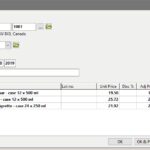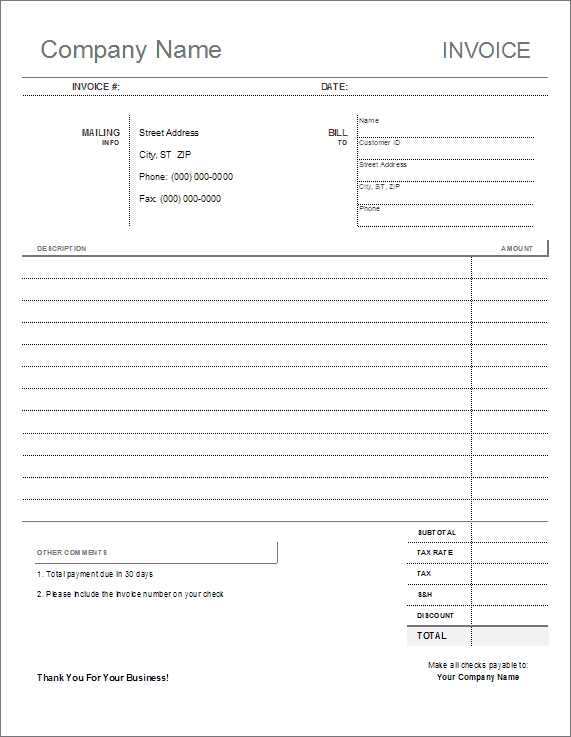Content

Whether or not you can claim those tax breaks, however, depends on your employment status. Other factors besides the tax deductions come into play with offices in the home. If the temporary work location is beyond the general area of your regular place of work and you stay overnight, you are traveling away from home. The Franchise Tax Board generally follows federal law on many common business expenses.

The Tax Court has generally ruled that the educator used the space, not the students or parents. Since the educator had access to a classroom, papers could have been graded there. In addition, telephoning parents did not mean that those parents actually visited the home office for purposes of meeting or dealing with the teacher. The home office does not have to occupy a separate room. Taxpayers have prevailed in court cases involving “exclusive use” where only a portion of a room was set aside for business use and where more than one business was conducted in the space.
The two ways to deduct business mileage
However, if your employer only reimburses some of your expenses or none at all, you can often deduct the unreimbursed costs when you file your taxes. So if you’re traveling to another city for business purposes, you can deduct expenses like gas, tolls, and meals. https://quick-bookkeeping.net/ultimate-profit-tracker-for-your-business/ You can also deduct airline, bus, or train tickets, cab fare, hotel bills, and even dry cleaning and laundry if you stay overnight. Other expenses you can deduct include tips, computer and other equipment rental, and the cost of shipping your baggage.
- Local transportation costs for taxi fares or other transportation between the airport or station and a hotel, from one customer to another, or from one place of business to another is also considered as a deductible.
- Whether or not you can claim those tax breaks, however, depends on your employment status.
- The work is in the same trade or business as your permanent work, regardless of the distance.
- The section 179 deduction, special depreciation allowance, and depreciation deductions are discussed later.
Update it by hand on a notebook, use a 1099 excel spreadsheet program or a mileage-tracking app. What’s important is to update your records regularly Deducting Commuting Expenses With A Home Office to make sure they are precise. Also, you should keep your records for a period of three years from the date on which you file your tax return.
What are business miles?
That way, it’s easier to save on taxes with the actual expense method. Once you’ve figured out how many business miles you’re driving, the IRS gives you two ways to expense the business use of your vehicle. You can deduct a standard mileage rate, or write off your actual vehicle expenses. Those miles would be considered a business trip, and would be tax-deductible. Since you had to leave your primary business location to meet with your client, those miles qualify as business miles. That’s why, if your primary place of work is your home office, your first and last trips of the day count as commuting mileage.
Employees and the self-employed can deduct travel expenses under certain conditions. Expenses such as lodging and meals are only deductible if the trip lasts longer than 1 day. However, only 50% of meals and entertainment expenses are deductible. If the business trip lasts less than 1 day, then only transportation costs can be deducted, not meals.
Establish Your “Tax Home”
What about travel that is both business-related and personal? The IRS is on the lookout for taxpayers who try to classify a nondeductible personal trip as a deductible business trip. So, if you travel to a destination and engage in both personal and business activities, you can deduct your traveling expenses to and from the destination only if the trip is primarily related to your business. If you work at two places in one day, whether or not for the same employer, you can deduct the expense of getting from one workplace to the other.
- You must allocate your expenses for foreign traveleven if your trip was primarily for business reasons.
- For example, let’s say you are an independent consultant and you have your own office in a downtown building.
- Therefore, only her travel expenses between Jan. 1, 2014 and Sept. 30, 2014 were deductible.
The travel expenses of a spouse or any dependents are not deductible unless they are active in the business, either as employees or as co-owners. However, if a spouse is along for social reasons, then the taxpayer can deduct all the costs that would have been incurred if the taxpayer went alone. The deduction will often be considerably more than ½ of the expenses. For instance, if a hotel room cost $300 per night for 2 people and $250 per night for 1 person, then the taxpayer can deduct $250 that would have been incurred had she gone alone. If you write off expenses, you must keep a log of the percentage of time your vehicle is used for commuting between work-related offices. If you choose the standard mileage rate, you must keep track of business-related commuting mileage.
Being an employee doesn’t mean you can’t also claim the deductions you’re entitled to as a self-employed person. Expenses that would be deductible as an itemized deduction are prorated between business and personal, with the business portion compared to income from the business. Designation of a portion of a residence as a business office causes that portion to become subject to depreciation under the “allowed or allowable” clause of Section 167. The portion deemed business will be depreciated using a 39-year life.
That’s the appeal of gig jobs — there’s very little administrative overhead. Whether you pay rent or own your home, a portion of it is tax-deductible. However, you can still claim plenty of other write-offs, and you should download Keeper Tax.
Temporary Distant Worksite
537 ], the taxpayer drove daily from his residence to several job sites. He worked approximately six to seven hours per day cutting trees and worked approximately seven hours per week at his residence making tool repairs, performing maintenance, store equipment and taking calls. Employers should exercise caution when determining the tax consequences of costs incurred for employee travel between their personal residence and the employer’s office or another work location. Only payments for certain types of transportation and travel expenses are tax free to the employee.
Driving between your house and an office building, for example, would be considered commuting. Dry cleaning is considered a personal hygiene expense and is therefore explicitly deemed a non-deductible. Unless you’re cleaning a uniform, the expense is considered personal. You can’t deduct the cost of premiums for life insurance where you are the beneficiary.
Home Office Rules
This means you can deduct all of your business-related travel expenses. First, the expense must be considered ordinary and necessary for your business. Secondly, the expense must be primarily for business purposes (e.g., travel to a new client’s office).
In RevRul 94-47, the IRS indicated that it will not follow the Walker decision. Commuting expenses to an outside office are not deductible. If a self-employed taxpayer has a home office as a principal place of business, then all business trips are deductible. Commuting expenses are deductible if the taxpayer is out of town on a business trip and must make trips to other areas in the locality. Additionally, a taxpayer that incurs costs to carry tools to work can deduct any additional costs required to transport the tools, such as using a trailer. Travel expenses for going from one job location to another, either for the same employer or for different employers, are deductible if the taxpayer goes from one business site directly to the other without first going home.






